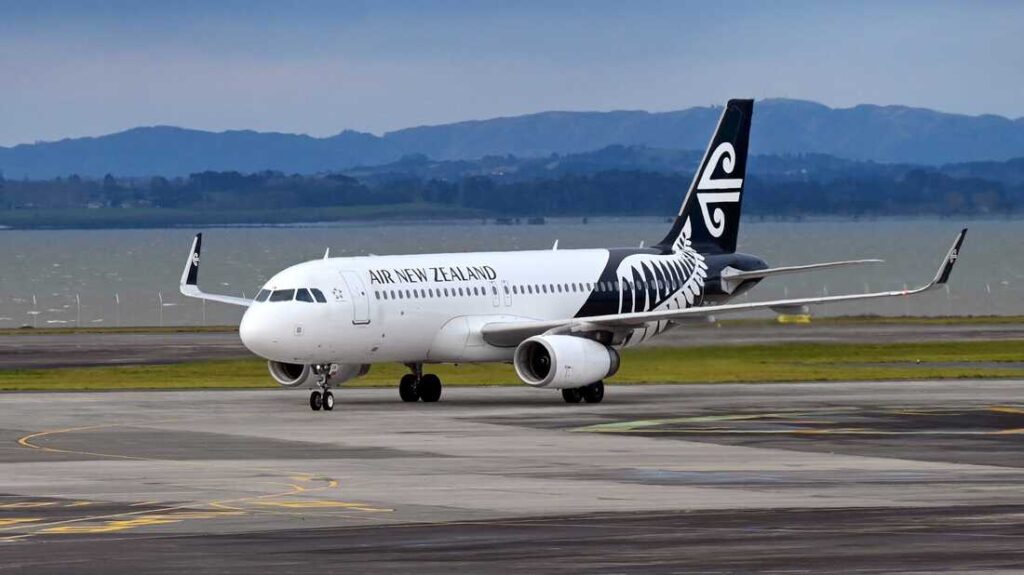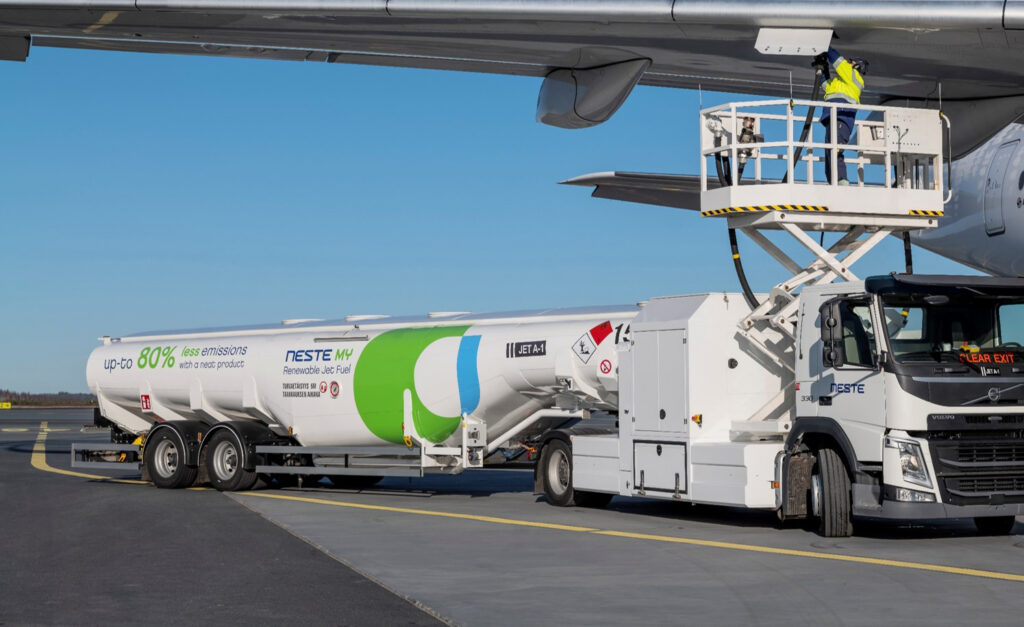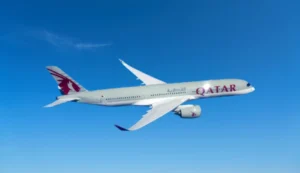Air NZ Scraps 2030 Climate Goal Amid Industry Hurdles
Air New Zealand abandons its ambitious 2030 carbon reduction target due to challenges in securing efficient aircraft and sustainable fuel, while reaffirming its commitment to net zero emissions by 2050.

Photo Source: https://www.npr.org/
Air New Zealand has scrapped its 2030 carbon emissions reduction goal due to difficulties in acquiring more efficient planes and sustainable jet fuel. The airline is the first major carrier to abandon such a target, though it remains committed to achieving net zero emissions by 2050. This decision underscores the broader challenges faced by the aviation industry in reducing its carbon footprint, including supply chain delays and the high cost and limited availability of sustainable aviation fuels (SAF).
The aviation sector, responsible for about 2% of global carbon dioxide emissions, has been striving to reduce its impact by modernizing fleets and adopting renewable fuel sources. Air New Zealand had previously aimed for a 29% emissions reduction by 2030, far surpassing the global industry’s 5% goal. However, recent delays in fleet renewal plans and the scarcity of affordable SAF have made this target unattainable.
In a statement, Air New Zealand CEO Greg Foran highlighted these obstacles, emphasizing the significant risks to achieving the 2030 target. Despite this setback, the airline is developing a new short-term emissions target and remains aligned with the International Air Transport Association’s (IATA) long-term goal of net zero emissions by 2050. IATA has called for increased government support to scale up SAF production and invest in emerging technologies such as hydrogen fuel and carbon capture.

The challenges are compounded by delays in new aircraft deliveries from manufacturers like Boeing and Airbus. Boeing, in particular, has faced several issues, including supply chain disruptions and legal troubles stemming from safety violations involving its 737 Max planes. These industry-wide problems highlight the difficulties airlines face in meeting ambitious climate goals.






